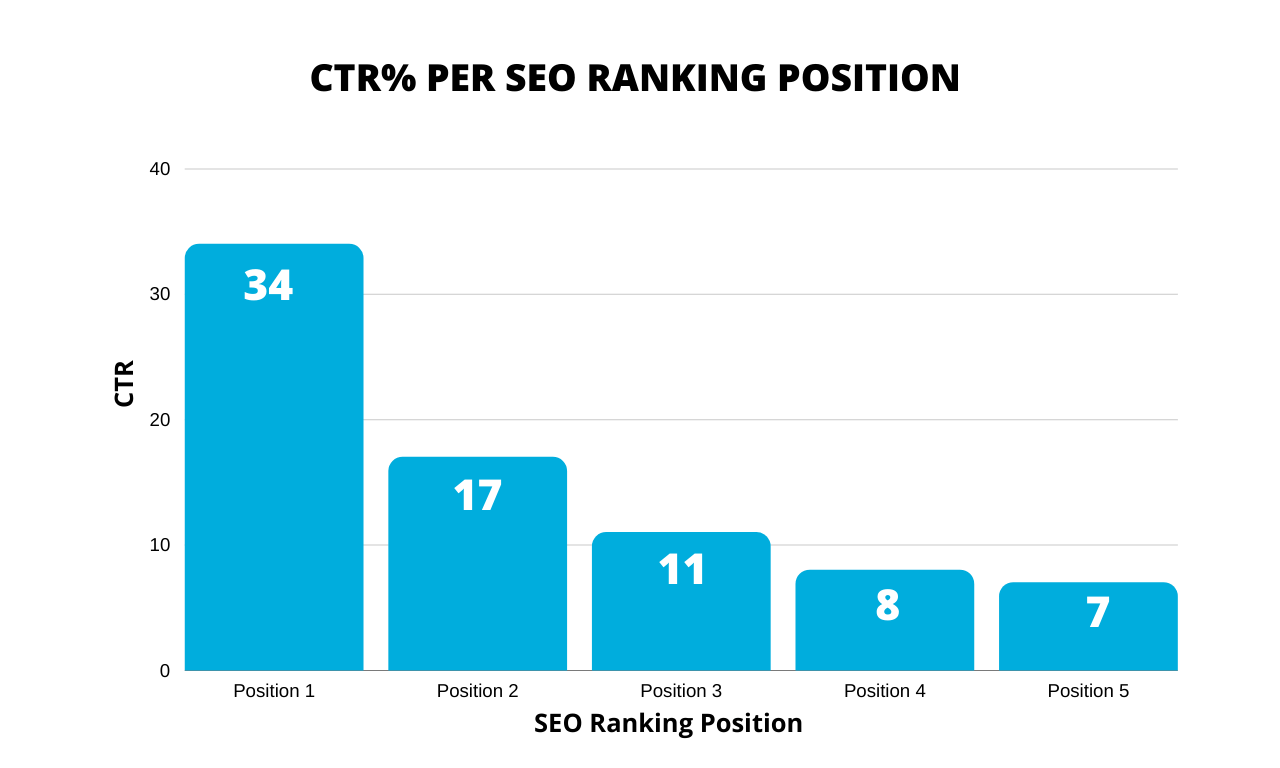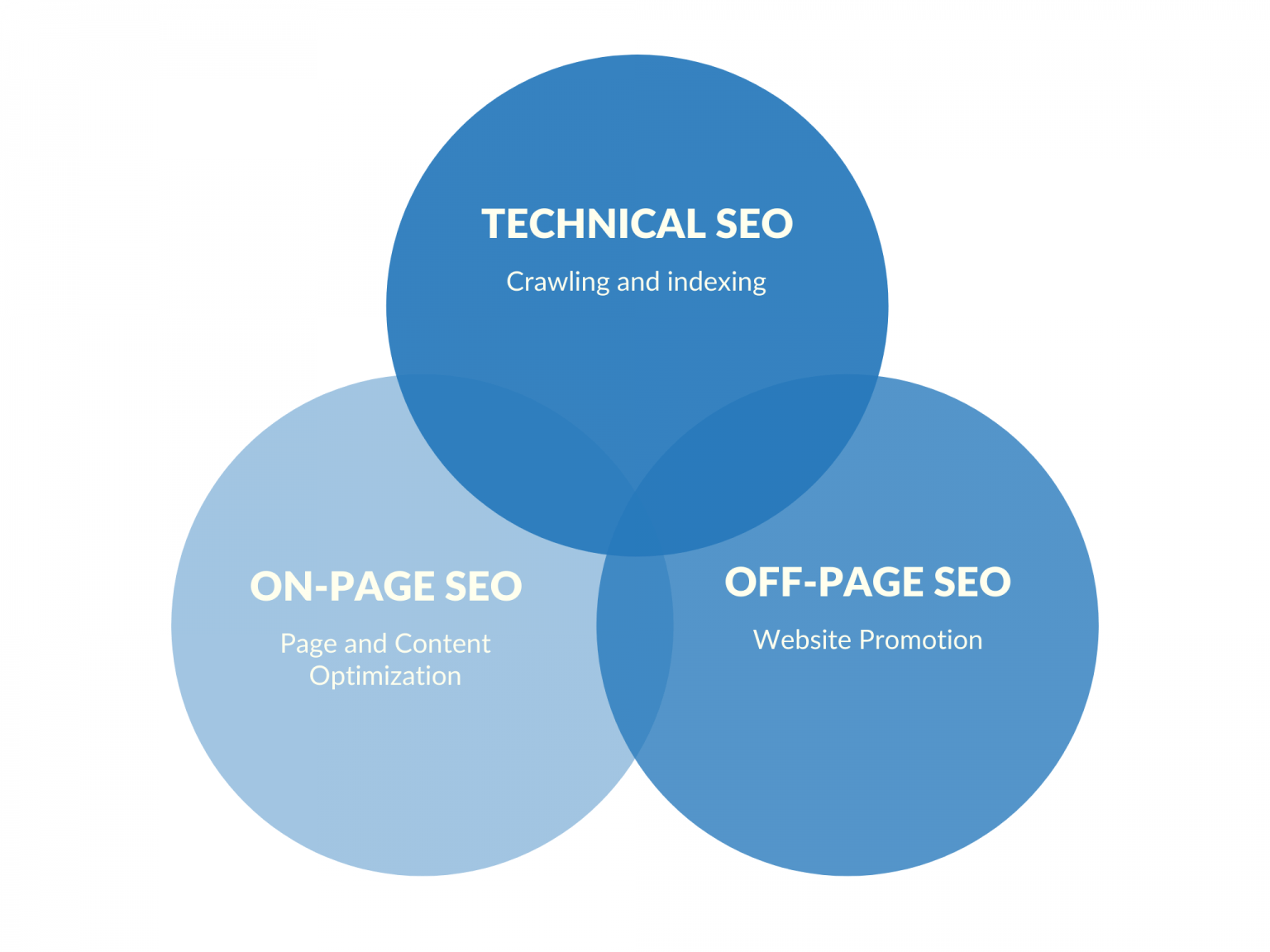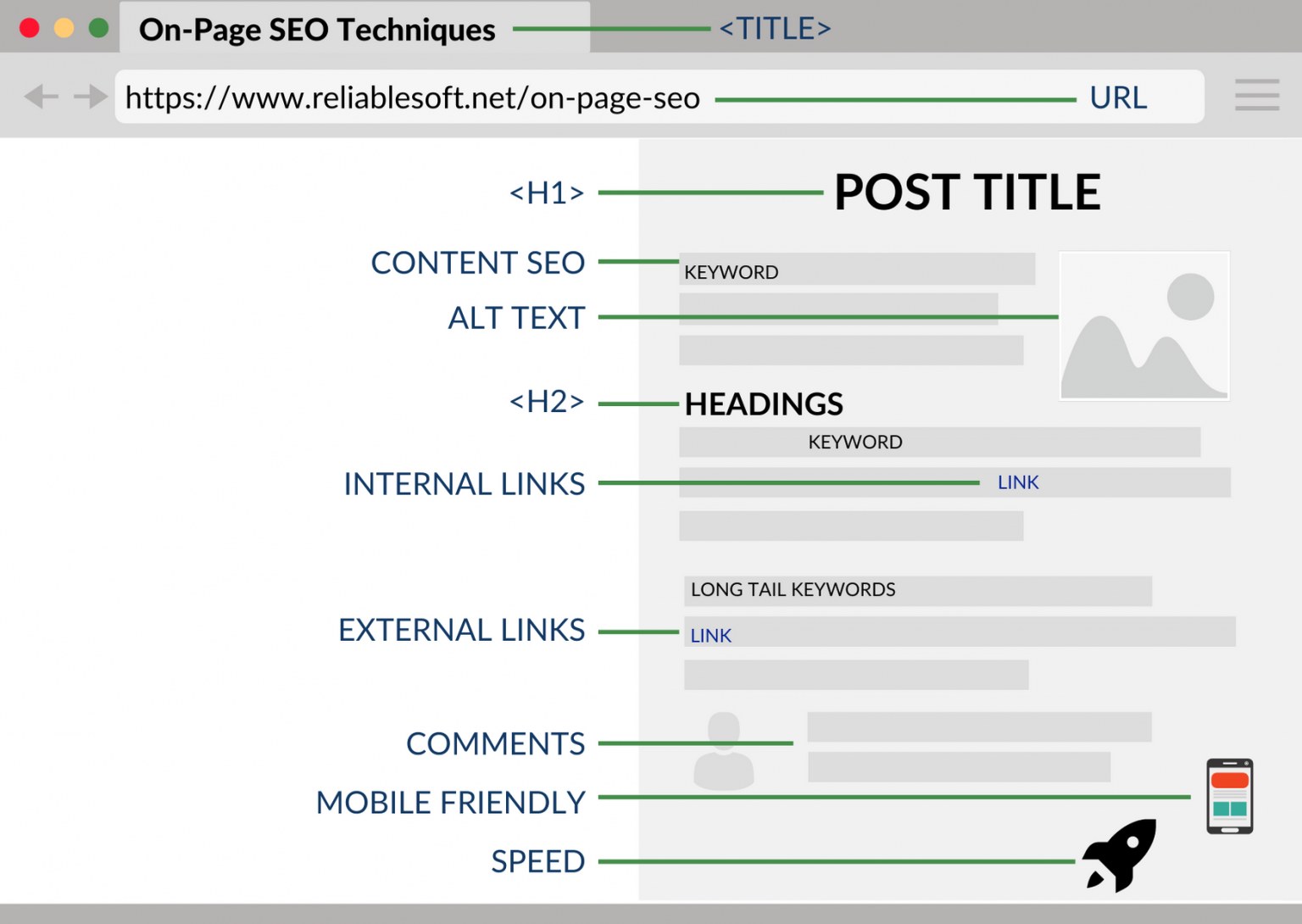What Is SEO And Why Is It Important
Search engine optimization is important for the success of any online business. Every webmaster should understand what is SEO, how it works and the traffic potential it can generate for all website types.
So what
is SEO?
Search engine
optimization is known as SEO. It is a collection of guidelines for website
optimization that can help your website rank higher in organic search results.
It is the procedure to adhere to improve your website's visibility
in search engines or increase traffic.
Two main objectives
of SEO. The first is to aid in your comprehension of internet user searches so
you can provide high-quality content to meet their needs. The second is to
assist you in building a website whose contents search engines can find, index,
and comprehend.
Additionally, by
making a website more user-friendly, quick, and simple to navigate, adhering to
excellent SEO principles is a terrific approach to raising the quality of a
website.
The most
crucial SEO duties revolve around:
Determining the user
searches that are relevant to your goods and services
Generating content
that will satisfy users
Through numerous SEO
Services tactics, the proper signals are sent to crawlers and algorithms.
Since the entire
process comprises several rules (or standards), several stages, and a
set of controls, SEO may be thought of as a comprehensive framework.
What
makes SEO so crucial?
SEO marketing is
more crucial than ever in the cutthroat economy of today.
Every day, millions
of people use search engines to find answers to their inquiries or solutions to
their issues.
SEO can help you
acquire free targeted traffic from search engines if you have a website, blog,
or online store.
SEO is
crucial because
More than 70% of
search engine users are more likely to click on one of the top 5 suggestions on
the search engine results pages (see graph below) (SERPS). Your website must
show up in one of the top positions to benefit from this and attract people
to your website or clients to your online store.
Good SEO techniques
also enhance a website's usability and user experience, thus SEO is not just
about search engines.
Users trust search
engines, therefore having a website appear in the top results for the user's
search terms builds user trust.
SEO is beneficial
for your website's social media advertising. People are more inclined to share
your website on Facebook, Twitter, and other social media platforms if they
find it through Google or Bing searches.
A large website's
smooth operation depends on SEO. SEO can both, directly and indirectly, assist
websites with several authors. An increase in organic traffic is their direct
gain, and having a standard framework (checklists) to use before posting
content on the site is their indirect gain.
You may outperform
the competition by using SEO. A website with search engine optimization is more
like to have more visitors and close more purchases if two websites are both
selling the same product.
An
explanation of SEO for total beginners
The aforementioned definition could seem difficult to those who are new to SEO.
Search engine optimization, or SEO, is a technique for making changes to your website that will help it rank higher in search results on Google, Yahoo, Bing, and other search engines.
The Google search engine uses sophisticated algorithms to determine the order in which the returned results are displayed.
These algorithms sometimes referred to as search engine ranking criteria, consider several guidelines when determining which webpage will appear in the top spot, second spot, etc.
You will have an
advantage over non-optimized websites if you optimize your website for search
engines, which also increases your likelihood of ranking higher.
What are
the essential steps in the process of search engine optimization?
As I previously stated, SEO is a framework of rules and processes rather than a static process.
However, it's easier
to categorize SEO into three basic categories:
Technical SEO: By
using technical SEO, you can make sure that search engines can easily crawl and
index your website.
On-site SEO:
Guidelines to follow while optimizing your website and content for search
engines.
Off-site SEO:
Techniques for promoting your website or blog to improve its position
in search results.
Technical
SEO
Technical SEO is the name of the first step in the SEO process. Technical SEO, as its name suggests, has nothing to do with a website's real content or with strategies for promoting it online.
It has to do with configurations that you must make to facilitate the task of search engine crawlers. Once you've got your technical SEO right, you might not have to worry about it again.
On the other hand,
having crawling and indexing issues may hurt your
rankings.
SEO
on-site
On-Page SEO is the
second phase. The content and other features of a page are the main focus of
on-page SEO.
On-page SEO, as opposed to technical and off-page SEO, is primarily concerned with giving search engine crawlers enough signals to enable them to comprehend the intent and context of your material.
Keep in mind that search engines can't read a website like a human, therefore they look for signals to determine the topic of a page.
You will deal with website structure, SEO keywords, title optimization, headers, internal links, image SEO, structured data markup, and other methods that can communicate effectively with search engines at this level.
On-page SEO, if done
correctly, will also increase usability.
SEO
off-site
Off-Page SEO is
stage three.
In addition to the
adjustments you can make to your website (on-site SEO), implementing off-site
SEO strategies is another option to raise your website's ranking position in
the SERPs.
What
makes off-page SEO so crucial?
Explore engine algorithms often search their index when a user inputs a search query to discover the best pages that can fulfill the user's purpose.
Pages that are
strong contenders show up first in the search results.
The quantity of
incoming links is one of the elements used to rank a webpage in the results
(backlinks).
Backlinks are an
indication of authority and can have a significant impact on your ranking
depending on where they come from.
Your rating will
benefit if the links are coming from well-known and reliable websites.
Your rating will
suffer if they are bought links, connections from article directories, links
from link farms, or links obtained through an exchange.
How can
you increase your link count?
That's a really good question, and if you look it up online, you'll probably find thousands of different responses.
You can read this post on link-building strategies, however, producing high-quality content for your website should be your main priority rather than links.
Natural links from other websites will help you build quality backlinks, which will boost your ranks and visitors.
If you try to buy
links or acquire them quickly, you can experience short-term success before the
next Google change causes your website to drop from the first few pages.
How can I
best understand how SEO functions?
Practice SEO is the greatest approach to understanding how it functions.
The only method to determine whether what you've learned actually works, other than studying the various concepts and theories, is to implement the various SEO techniques to a website and track your rankings.
You are moving correctly if your rankings and organic traffic are rising. Otherwise, you
will need to change your





.jpg)

Comments
Post a Comment